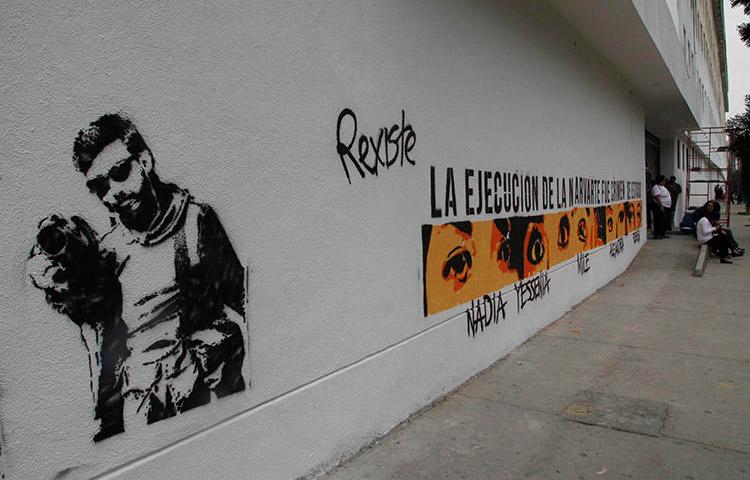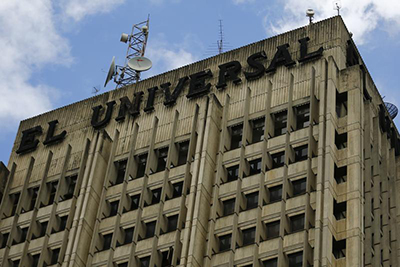
Female politicians use meritless lawsuits to censor journalists in Mexico, lawyer says
Mexico City, May 29, 2025—Mexican journalist Héctor de Mauleón will be watching Sunday’s historic judicial elections with interest — not simply because June 1 marks the first time that Mexicans get to vote for their judges but also because one of the candidates has barred him from reporting critically about her. On May 15, the…
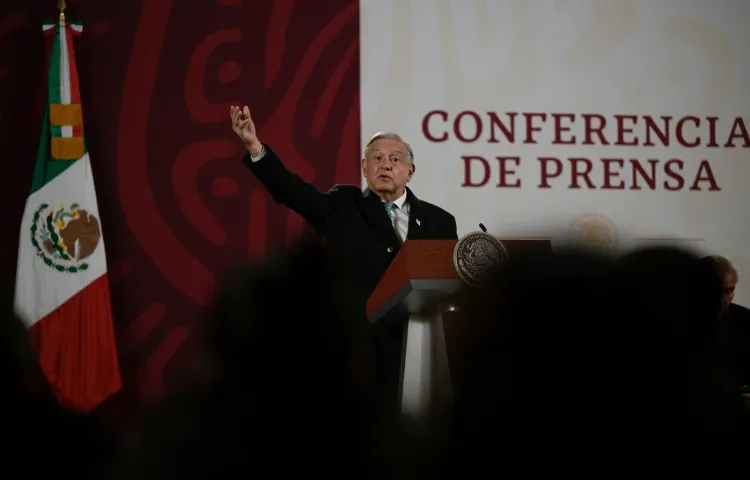
Mexican President López Obrador repeatedly criticizes news outlets and press freedom group over spyware coverage
Mexico City, May 11, 2023—Mexican President Andrés Manuel López Obrador must stop making baseless criticisms of local news outlets and the international free expression organization Article 19, the Committee to Protect Journalists said Thursday. Since March, López Obrador has sharply criticized Article 19, national investigative magazine Proceso, privately owned online news outlets Animal Político and…
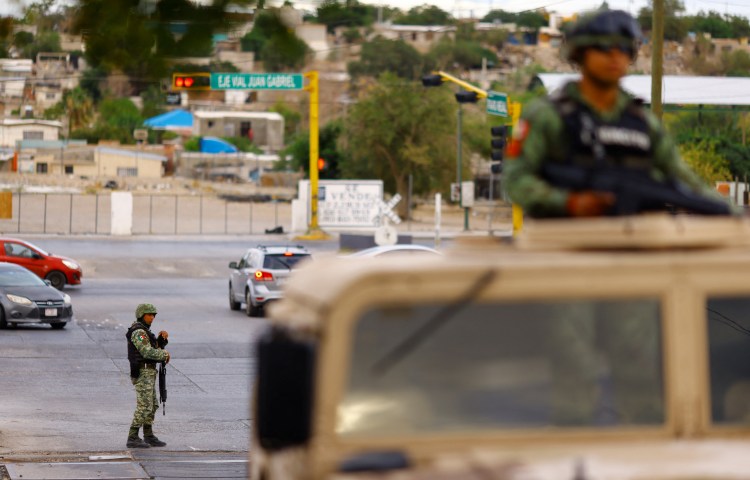
CPJ condemns Mexican military surveillance of activist’s communications with journalists
Mexico City, March 7, 2023 – In response to multiple reports published Tuesday stating that Mexican authorities surveilled human rights activist Raymundo Ramos’ conversations with journalists, the Committee to Protect Journalists issued the following statement of condemnation: “The revelations that Mexican authorities have continued to spy on activists, including their communications with reporters, is a…
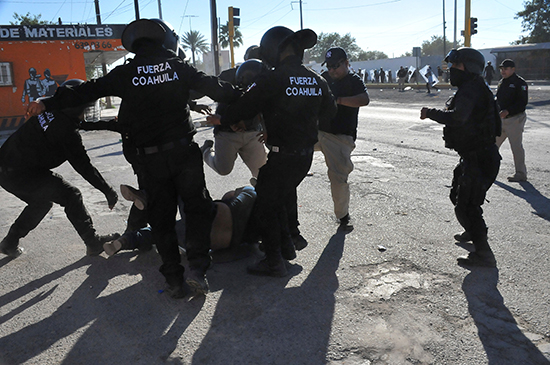
Mexican police attack journalists covering protests
Mexico City, January 12, 2017–Mexican police should quickly and credibly investigate reports that police threatened and attacked journalists covering protests last week and should swiftly bring to justice officers found to have assaulted reporters, the Committee to Protect Journalists said today.
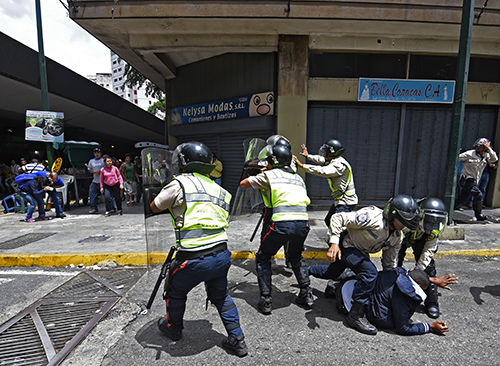
Journalists attacked, equipment stolen during protests in Caracas
New York, June 3, 2016–Several journalists were attacked and some had equipment stolen while covering protests in Caracas Thursday, according to news outlets and a local freedom of expression group. Some of the journalists who were attacked said that the Venezuelan National Guard did not intervene to prevent the attacks and in one case, forced…
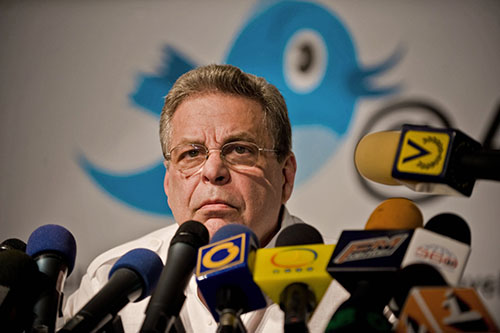
In Venezuela, online news helps journalists get their voices back
When Venezuelan President Hugo Chávez was rumored to be gravely ill four years ago, his socialist government was tightlipped about the diagnosis. Then in June 2011 a source in Havana, Cuba, where Chávez was being treated, told Nelson Bocaranda, a veteran columnist for the Caracas daily El Universal, that the president had cancer.
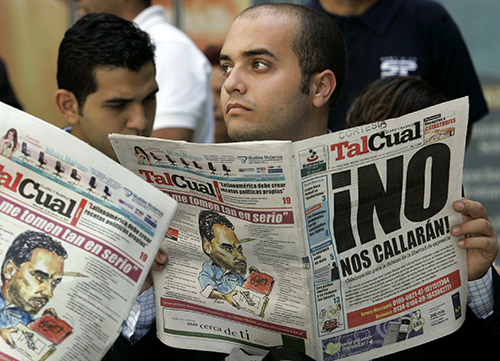
In Venezuela, Tal Cual under pressure but not defeated
Tal Cual, one of the few remaining Venezuelan newspapers critical of the government, is so shorthanded there’s often no receptionist on hand to let people in. Visitors must bang on the front door until someone in the newsroom notices. That can take a while because there are hardly any editors or journalists left.
Journalist investigates Bolivia’s ‘silent campaign’ for editorial control
At a bizarre news conference in April, Bolivia’s Communications Minister Amanda Dávila claimed that journalist Raúl Peñaranda, who was born in Chile, represented a dangerous “beachhead” for Chilean interests trying to deny landlocked Bolivia access to the Pacific.
